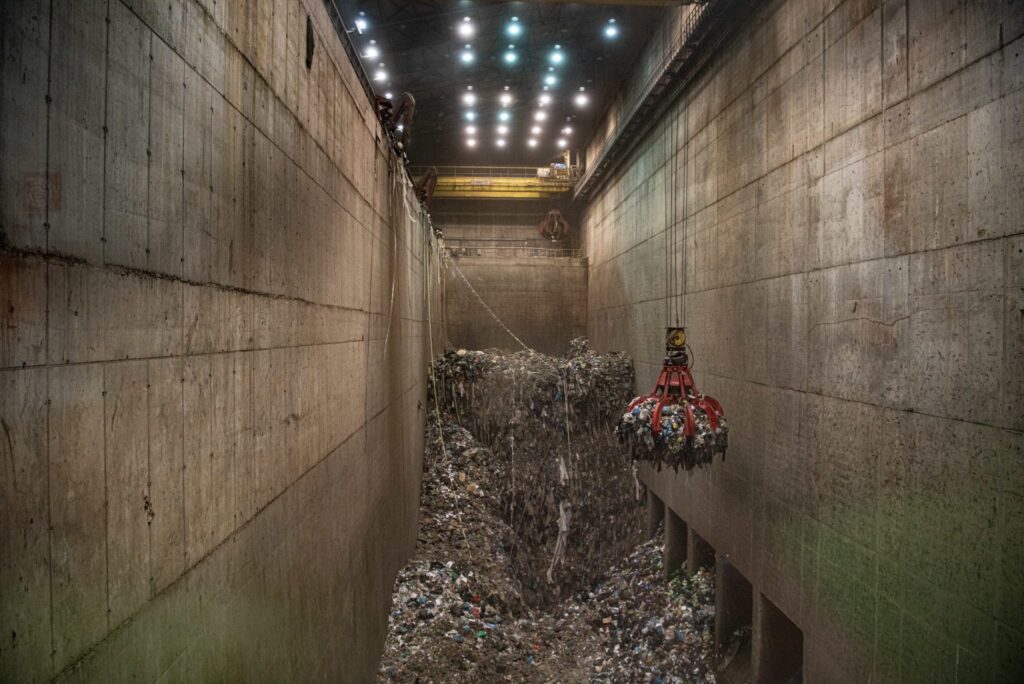Dr Hogg, who is chairman of Bristol-based Eunomia Research and Consulting, addressed the event run by LARAC – Local Authority Recycling Advisory committee – and discussed ‘What now for Europe and the Circular Economy’.

Before he turned to the role of local authority officers, he questioned what exactly Europe meant. He referenced the EU candidate membership countries and noted that “we have decided to leave, but other countries will also have their own relationships.”
Turning to the second version of the Commission’s circular economy package, Dr Hogg said that new deliveries were being sought around manufacturing for products along with design for longevity.
But, he emphasised the importance of reusing material in the manufacturing process and the role of recycling from the domestic waste stream. To an auditorium packed with more than 450 delegates, he said: “You are at the heart of it here, you’re at the heart of the circular economy with the importance of recycling. We would still rather see products made out of secondary materials rather than primary.”
Target
Dr Hogg said he was concerned that “some people” had recently said that the proposal for a 65% recycling and preparation for reuse rate was interesting and questioned whether it was possible.
“But we do see others in Europe getting up to 85% and part of the mindset is to look forward all the time and to be ambitious. Some of the people think that the 65% needs to happen now but it is not until 10 years’ time.”
For many years there has been doubt about the validity of data within Europe over recycling, and he remarked that “we know there is a bit of fiction in all these numbers”. Dr Hogg explained that recently Germany’s recycling rate had dropped by 10% because it had been counting all the inputs to MBT had been counted as recycled. “Germany is now not sure about the measurement method and are thinking ‘it might not mean we are already there’.”
Discipline

Continuing on the reporting theme, he said: “What the Commission is trying to do is to impose in some form discipline as to what is actually recycled bu tit has got into a bit of a mess.”
Elaborating, Mr Hogg explained that there are differences of opinion in the discussions between Member States, and it still remains unclear what will be agreed.
He went on to suggest that one solution might be to apply a default loss rate to different reporting figures from member states for the types of technology used so in effect discounting the figures by a certain percentage. Similar default rates would also be applied to material exports.
Dr Hogg also touched on the issue of extended producer responsibility (EPR) and said that Article 8 of the revised Waste Framework Directive talks about “covering all costs of waste managemet”. He then suggested to delegates that they should follow this through. “For PRN and WEEE, you don’t get paid your full whack, that’s for sure.”
Hunt
The circular economy was also on the agenda of an earlier speaker at the two-day LARAC event. Martin Hunt built environment and infrastructure lead at Forum for the Future, describe how poor “circularity is in the built environment where less than one third of the inputs are re-used or reclaimed… there is no doubt a major structural change will need to take place.”
Mr Hunt added: “This need’s be on everyone’s agenda. We have to make sure it links to public agendas, business agendas and to make sure that people understand.”









Subscribe for free